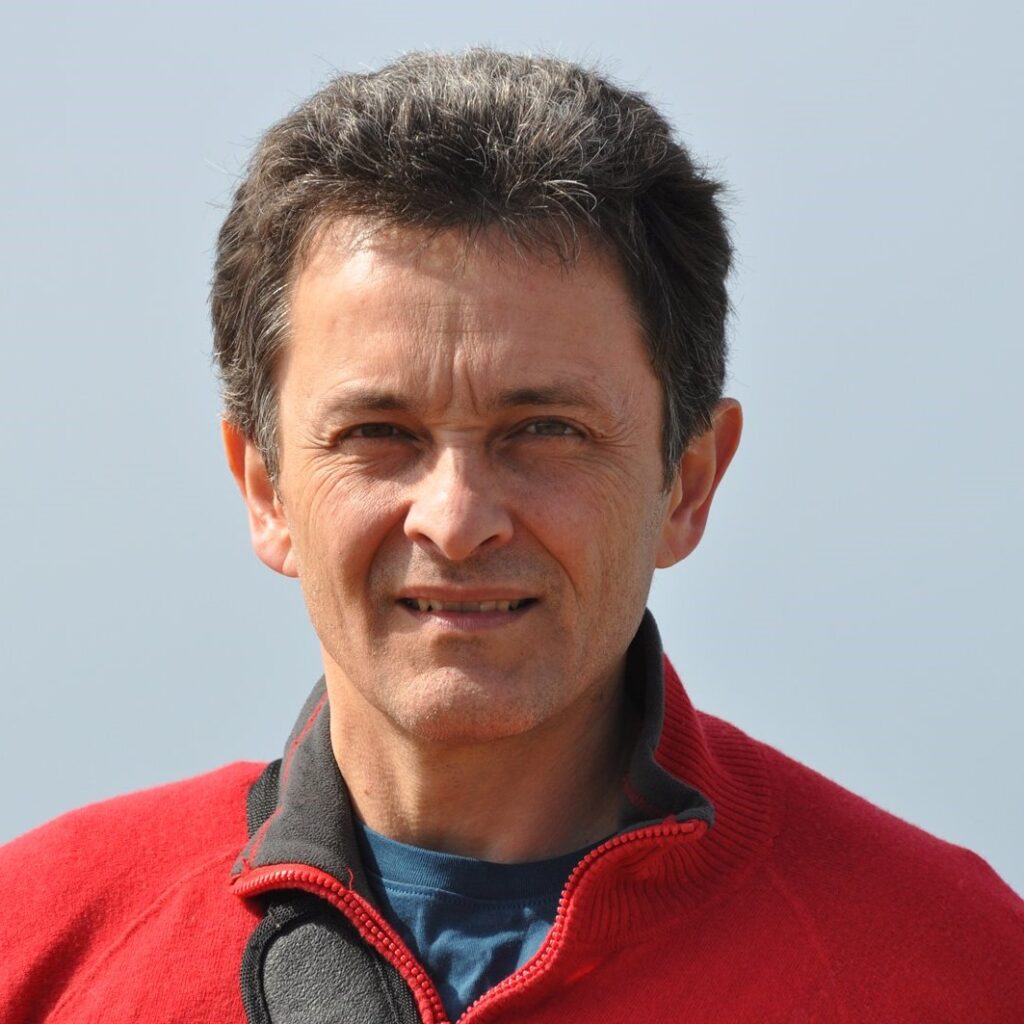Nader Nazemi
Lecturer

B.A. Political Science and Economics, University of Washington Seattle
M.A. Political Science, Western Washington University
Ph.D. Political Science, University of Washington Seattle
Office: CC1-143
Phone: 425-352-8156
Email: nnazemi@uw.edu
Mailing Box: 358530, 18115 Campus Way NE, Bothell, WA 989011
Teaching
My philosophy of teaching is rooted in many years of experience in both the university and community college settings. This experience has instilled in me an appreciation for the diversity that students bring to the classroom, both in terms of their prior learning and their life experiences. Rather than viewing students as passive learners who are educated by their professor in a unidirectional process, I view students as partners who should be encouraged to draw on their diverse knowledge and experience to contribute to the education of themselves and their peers My role in the classroom is to guide and encourage students in this process by helping expand their ability to think critically and independently, to successfully participate in collaborative learning, and to clearly articulate their thoughts both orally and in writing. In my view a learner-centered philosophy that recognizes the diversity of students also requires that we imagine students beyond the classroom as citizens, activists, wage-earners, consumers and life-long learners. In these capacities the lives of students are shaped by the realities of an increasingly interconnected world. In the classroom I encourage students to appreciate the complex ways in which their live are shaped by global structures and processes, and in turn how their choices affect the lives of people in other parts of the world. In the classroom it is not enough to cultivate an intellectually sophisticated understanding of the world that we live in. As learners we need to also think deeply about how our learning should guide us in our daily lives. An important cornerstone of education, then, is to appreciate the importance of taking responsibility for the choices that we make.
Recent Courses Taught
BIS 413 Nations and Nationalism
BISGST 397 Politics of the Middle East and North Africa
BISGST 397 International Relations of the Middle East
BISGST 397 Globalization, Politics and Development
BISGST 397 Religions and Politics in the Middle East
BIS 284 International Relations
Research and Scholarship
Teaching and research are for me part and parcel of the same intellectual process. My classes provide me with a framework where I learn new and critical ways of approaching topics in international relations and Middle East politics. In turn, my research offers me the opportunity to address questions and themes raised in the classes that I teach. My research interests have focused largely on the relationship between international conflict and the state-formation process in the developing world, specifically the Middle East and North Africa. This interest began with an exploration of how state capacities and state-society relations in the Islamic Republic of Iran were shaped by the exigencies of fighting a long, destructive war with neighboring Iraq (1980-88). This line of inquiry offered a novel framework for understanding the political system that initially emerged in Iran in 1978 through a broad-based social revolution, but that was subsequently transformed through interstate war. A related line of inquiry has to do with the degree to which the foreign policy of the Islamic Republic has been shaped by militant Islam and revolution, or alternatively by the need to survive in a hostile international climate. This research has continued with focus on the possibility of reform and revolution in the Middle East and North Africa. Specifically, why do some countries in the region experience revolution (the Arab Spring countries, for example), while other seem more likely to experience movements for political reform (the Green Movement in Iran, for example). Furthermore, what are the prospects for reform and revolution in the region culminating in the establishment of stable democracies?
